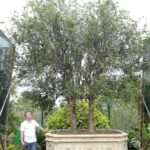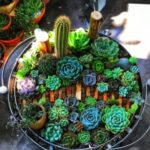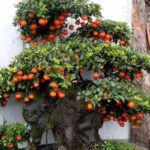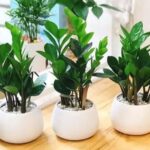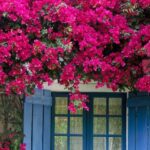Characteristics of the Dinh Lang Plant
The Dinh Lang plant is native to the tropical regions of Asia and belongs to the ginseng family. This plant is often referred to as “the poor man’s ginseng” in folk medicine. It is easy to cultivate and has therapeutic properties. The most valuable part of the Dinh Lang plant is its root, while the leaves and stems can also be used as herbal remedies for treating physical weakness, coughs, and colds.
In feng shui, the Dinh Lang plant holds several auspicious meanings, symbolizing peace, wealth, health, and longevity. Many believe that growing this plant indoors attracts positive energy, repels negative influences, and balances the chi of the home, thus bringing harmony to the living space. As a result, it is thought to bring good fortune and ease to one’s life.
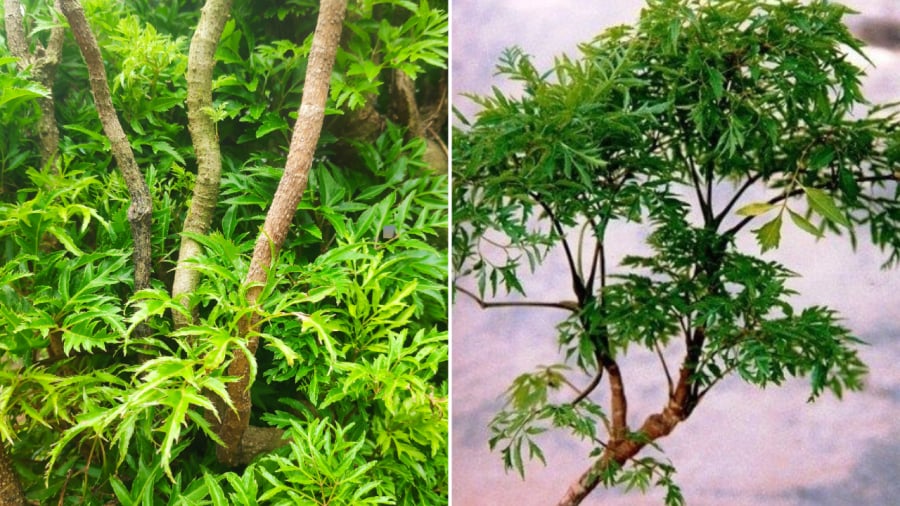
The Dinh Lang plant is easy to grow and can be used for both decoration and auspicious feng shui purposes.
Which Birth Sign is Most Compatible with the Dinh Lang Plant?
In feng shui, the concept of compatibility is based on the interplay of the five elements: wood, fire, earth, metal, and water. When choosing ornamental plants, many people consider those that align with their birth sign to maximize the plant’s feng shui benefits.
According to the five elements theory, the Dinh Lang plant belongs to the Wood element and is particularly compatible with individuals of the Water, Fire, and especially Wood birth signs.
The Wood element symbolizes growth, vitality, and fresh energy. For those with the Wood birth sign, cultivating the Dinh Lang plant can attract positive energy and good fortune to their homes, fostering a smooth and prosperous career path.
Additionally, in the cycle of element generation (Wood generates Fire), the Fire birth sign can benefit from growing the Dinh Lang plant indoors. This plant can help maintain emotional stability, induce a sense of tranquility, and reduce stress for individuals with this sign.
Furthermore, considering the nurturing relationship between Water and Wood (Water nourishes Wood), individuals with the Water birth sign can enhance the harmony of the five elements by growing the Dinh Lang plant, thus achieving a balanced feng shui in their homes.
Which Birth Sign Should Avoid the Dinh Lang Plant?
From a feng shui perspective, individuals with the Metal and Earth birth signs should exercise caution when considering the Dinh Lang plant. This is due to the conflicting relationship between the elements in the cycle of element control (Metal controls Wood, and Wood controls Earth). If individuals with these birth signs wish to grow the Dinh Lang plant, it is advisable to choose less prominent locations within the home, treating it primarily as an ornamental plant for its leaves and roots.
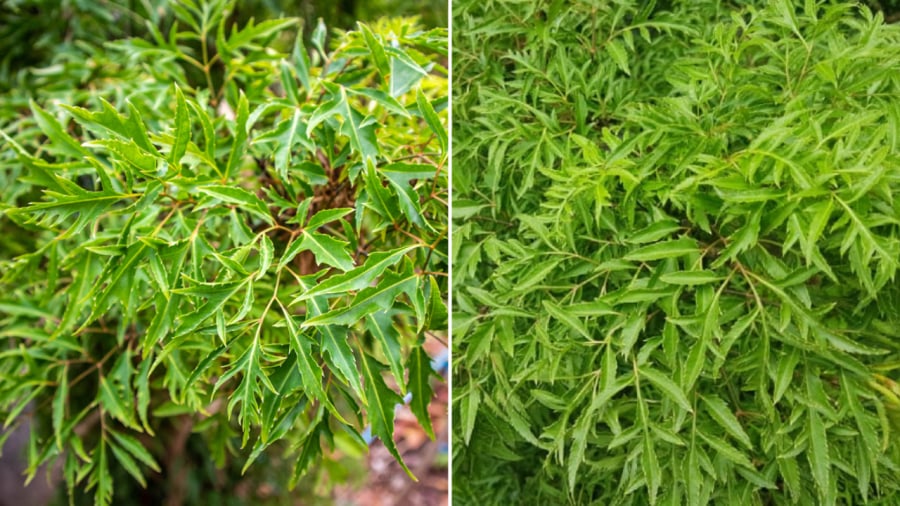
According to the five elements theory, the Dinh Lang plant is compatible with the Water, Fire, and Wood birth signs but may conflict with the Earth and Metal signs.
Ideal Placement for the Dinh Lang Plant
The Dinh Lang plant thrives in sunny and well-ventilated areas. Avoid placing it in shaded or dimly lit spaces as this may hinder its growth, leading to wilting and eventual decay.
Feng shui-wise, homeowners can plant Dinh Lang near the entrance of their homes to invite prosperity. However, it is best to avoid blocking the doorway or pathway, which may hinder movement. Instead, plant it slightly off to the side.
Additionally, placing pots of Dinh Lang on balconies, patios, or rooftops can also be beneficial.
Information provided is for reference only.
“The Hidden Significance of Succulent Plants in Feng Shui”
Succulents, or fat plants as they are sometimes affectionately known, are a popular choice for many gardeners and plant enthusiasts. These small, yet captivating plants boast an array of unique and beautiful leaves that set them apart from other flora. With their compact size and easy-going nature, they have earned a special place in the hearts of many, becoming a beloved addition to homes and gardens alike.
The Golden Treasure: A Rare Find for Abundance and Prosperity
Do you know of a houseplant that is considered a “family heirloom”, bringing luck and prosperity to the household? The Golden Orange Tree, or ‘Hong Da’ as it is often called, is this coveted plant. With its branches laden with golden, shimmering oranges, the Hong Da is an exquisite sight and a symbol of opulence and wealth.

























